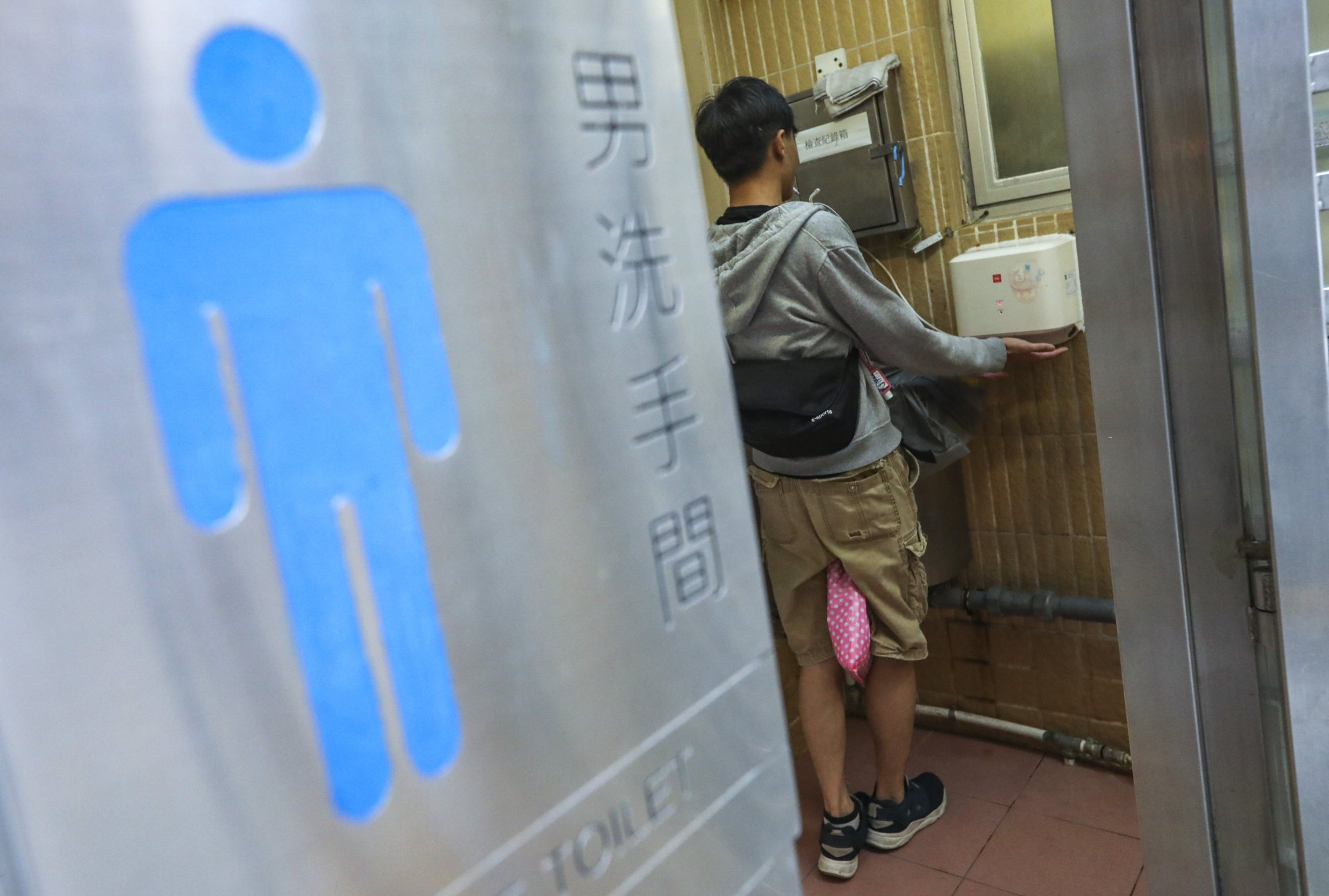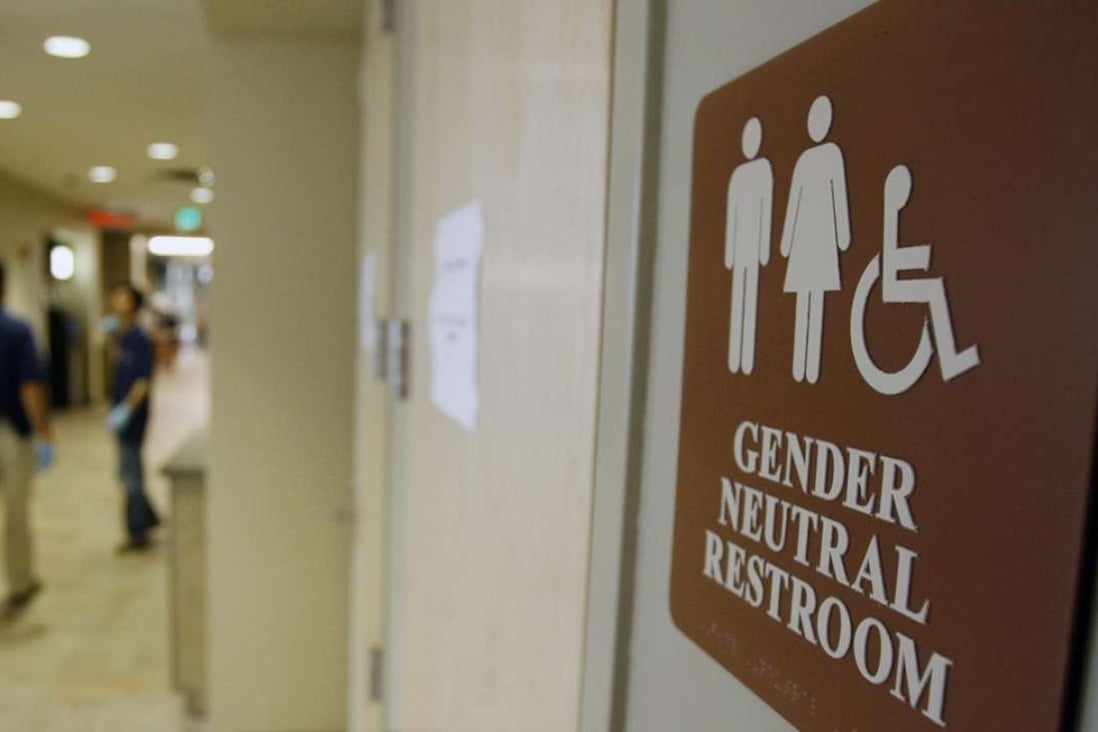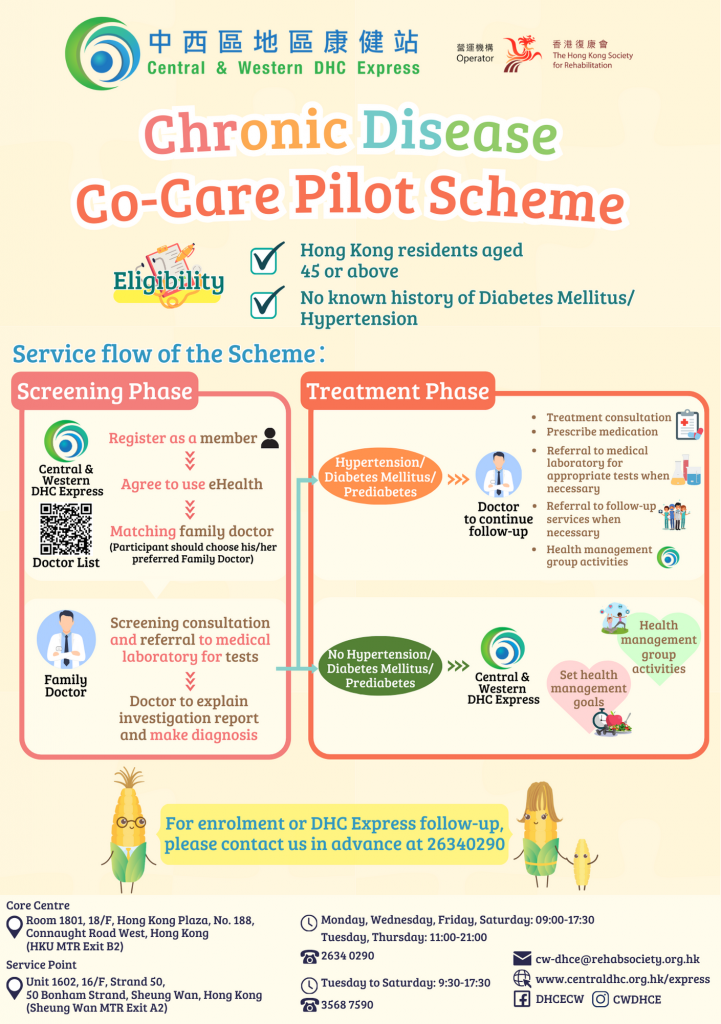Hong Kong’s Public Toilet Policy Faces Legal and Social Complexity
The recent Court of First Instance ruling on sex-segregated public toilets has thrust Hong Kong into a nuanced dialogue about privacy, inclusivity, and societal norms. On July 24, 2025, the Environment & Ecology Bureau responded to a landmark judicial review that challenges existing regulations governing public conveniences, signaling a potentially transformative moment for how the city approaches gender and public space.

The court’s decision strikes at the heart of current sex-segregation provisions while simultaneously providing a carefully considered pathway for adaptation. By suspending the order’s execution for 12 months, the judiciary has offered the government a critical window to recalibrate policies, consult stakeholders, and develop comprehensive solutions that balance multiple community needs.

Currently, Hong Kong’s public toilet infrastructure reflects a dual approach that acknowledges diverse requirements. Traditional sex-segregated facilities remain the primary model, designed to protect user privacy and align with long-standing societal expectations. Alongside these, the city has strategically introduced gender-neutral options, including “Accessible Toilets” and “Unisex Toilets” situated near approximately half of the sex-segregated facilities.
The government’s response underscores the delicate equilibrium between legal mandates and evolving social dynamics. While maintaining that existing sex-segregation principles remain in effect during the review period, officials are simultaneously exploring potential legislative modifications. This measured approach demonstrates a commitment to carefully examining the court’s concerns, particularly regarding transgender individuals’ access to public facilities.

Legal and administrative teams are meticulously studying the judgment, seeking comprehensive legal counsel to determine the most appropriate next steps. The potential options range from crafting nuanced regulatory amendments to potentially appealing the court’s ruling. Throughout this process, the public is expected to continue using facilities according to current sex-segregation guidelines.

The underlying motivation for sex-segregated toilets remains rooted in protecting user privacy and maintaining societal comfort. These principles have historically enjoyed broad community acceptance, making any potential changes a sensitive undertaking requiring thoughtful deliberation.
Transgender individuals are not overlooked in the current system. The existing infrastructure already provides gender-neutral toilet options, ensuring alternative access for those who might feel uncomfortable in strictly sex-segregated spaces. This demonstrates an initial recognition of diverse gender identity experiences within public infrastructure design.
As Hong Kong navigates this complex terrain, the 12-month suspension represents more than a legal technicality—it’s an opportunity for meaningful dialogue, research, and policy refinement. The outcome will likely set precedents not just for toilet access, but for how cities can compassionately address intersections of personal identity, public space, and community standards.
The unfolding narrative surrounding public toilet regulations reveals broader conversations about inclusivity, respect, and social evolution. While the immediate focus remains on practical infrastructure, the underlying questions touch on fundamental human dignity and the ongoing process of creating spaces that accommodate everyone’s needs.













